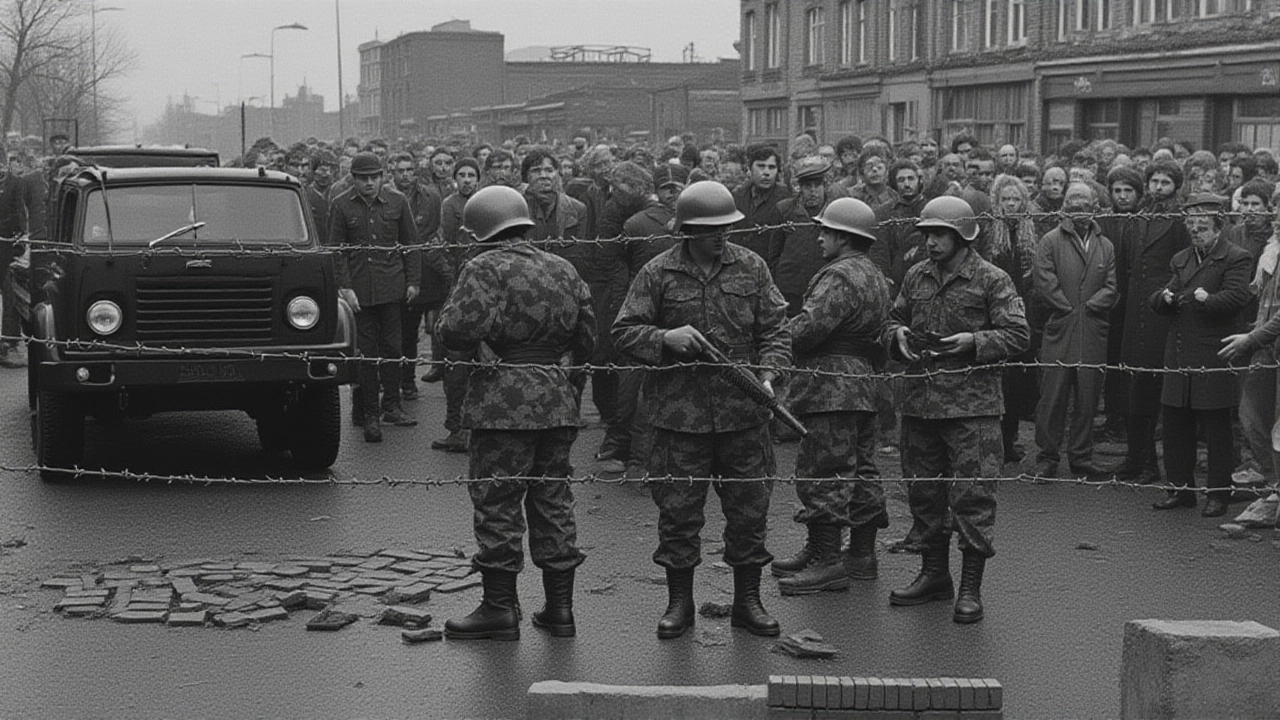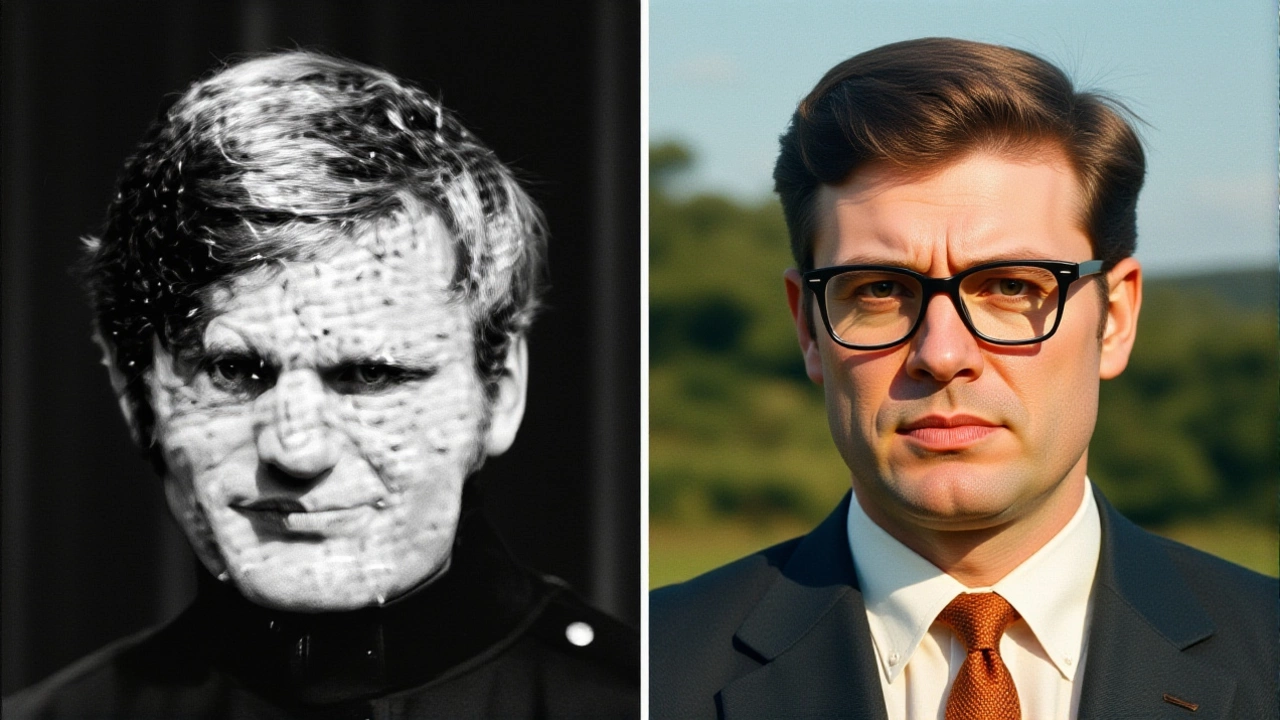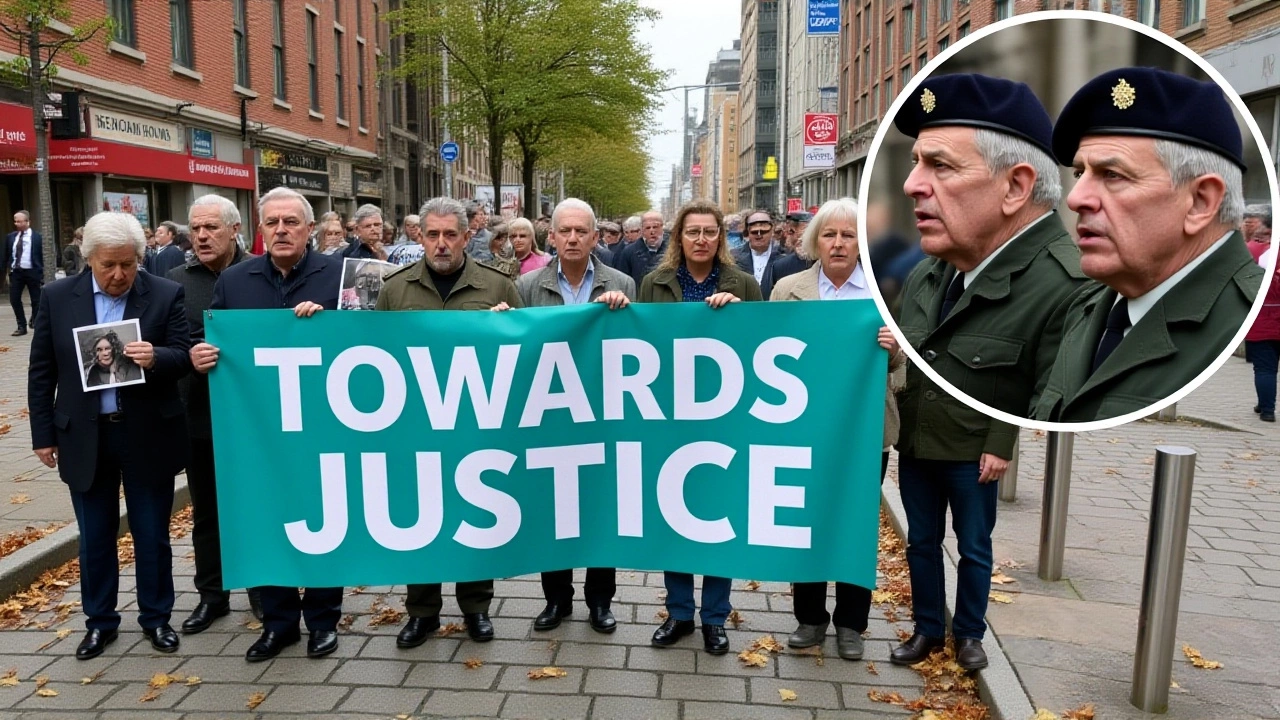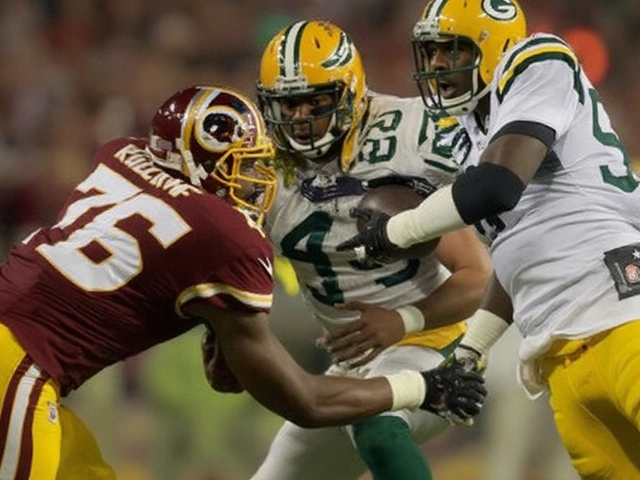Verdicts in Bloody Sunday Soldier F Trial Spark Outrage and Relief
When David Niven, a 73‑year‑old former British Army corporal from Stockton‑on‑Tees, England was handed his verdict on October 23, 2023, the streets outside Laganside Courts, Belfast swelled with grieving families and staunch supporters. The mixed judgment — not guilty of murder but guilty of two counts of attempted murder — jumped straight into a fifty‑one‑year‑old debate about accountability for the Bloody Sunday massacre.
Background to the Bloody Sunday Trial
On January 30, 1972, during a civil‑rights march in Derry, British troops opened fire on unarmed demonstrators. The incident left 13 dead on the day and a 14th later, an event that has haunted Northern Ireland ever since. Decades of inquiries — the 1972 Widgery Tribunal, the 12‑year Saville Inquiry chaired by Lord Saville — finally declared the shootings "unjustified and unjustifiable" in a £191.7 million report released on June 15, 2010.
Fast‑forward to 2023: the Public Prosecution Service for Northern Ireland (PPSNI), under Director of Public Prosecutions Stephen Herron, lodged the first criminal charges against a soldier for actions on Bloody Sunday. The charges targeted Niven for the deaths of James Wray (22) and William McKinney (26), plus five counts of attempted murder.
The Courtroom on October 23
Presiding over the single‑judge trial was Judge William Irvine, a veteran of Northern Ireland’s complex legal landscape. The prosecution, led by Mark Holmes, painted a stark picture: forensic evidence that Niven fired twelve rounds from his L1A1 rifle, striking victims at close range. The defense, headed by Paul O'Higgins, argued Niven was returning fire against armed gunmen — a claim the Saville Inquiry had already debunked.
At 2:15 PM GMT, after a week of testimony, Judge Irvine delivered his decision. He acquitted Niven of the two murder charges, stating, "The evidence does not support a finding that the defendant intended to kill." However, he found Niven guilty of attempting to murder 17‑year‑old Joseph Friel and 19‑year‑old Joe Nash, who were shot in the back as they fled the scene.
Reactions from Victims' Families
The verdict hit families like a cold wind. Julieann Campbell, niece of James Wray and spokesperson for the Bloody Sunday Justice Campaign, told BBC News, "We have carried this burden for 51 years. Every single day has been a battle for truth and accountability. This half‑measure feels like a betrayal."
Other relatives echoed the sentiment. Kathleen Deery, a niece of James Wray, told RTÉ, "Fifty‑one years of waiting for justice, and we get this half‑measure. The families deserve more than a footnote in history." Even the sister of a different victim, Rosena Brown, expressed raw disappointment, noting that the attempt‑murder convictions did little to ease the pain of losing a brother.

Supporters of Soldier F Respond
Outside the courthouse, a banner‑bearing crowd gathered under the emblem of the Parachute Regiment Association (PRA), led by Chairman Peter Hughes. Retired Major General Patrick Cordingley addressed reporters, saying, "Our soldiers were scapegoated for doing their duty in an impossible situation." The crowd cheered as Niven’s legal team raised a Union Jack, framing the verdict as a partial vindication of the British armed forces.
Even though the attempted‑murder convictions carry a potential life sentence, supporters argue the verdict shows the judiciary can differentiate between "combatant" actions and outright murder. They point to the 1972 Widgery Tribunal, which had cleared all soldiers, as an example of past injustice they believe is finally being corrected.
Legal Implications and Next Steps
The mixed judgment opens a legal labyrinth. Under Northern Irish law, the two attempted‑murder counts could see Niven sentenced to up to life imprisonment, but the judge reserved discretion pending a separate sentencing hearing on November 6, 2023. Legal scholars, such as Professor Eoin O'Doherty of Queen’s University Belfast, note that this case sets a precedent: it is the first time a soldier has been criminally convicted for actions on Bloody Sunday, challenging the long‑standing impunity that followed the Widgery Tribunal.
The decision also revives discussions about the 2010 Saville Report’s recommendations, including calls for official apologies and potential reparations. The British government, which issued a formal apology in 2010, may now face renewed pressure to provide material compensation to families whose relatives were only awarded symbolic acknowledgment for decades.

Key Facts
- Date of verdict: 23 October 2023
- Location: Laganside Courts, Belfast
- Defendant: David Niven, former British Army corporal
- Charges: 2 counts of murder (acquitted), 2 counts of attempted murder (convicted)
- Potential sentence: life imprisonment for attempted‑murder convictions
Broader Impact on Northern Ireland’s Reconciliation Process
Beyond the courtroom, the verdict reverberates through the fragile peace that has held since the Good Friday Agreement in 1998. For many nationalists, the decision is a painful reminder that full accountability remains elusive. For unionists, it is a signal that the state can still protect its servicemen while recognizing past mistakes.
The verdict will likely influence upcoming discussions in the Northern Ireland Assembly about historical inquiries, truth‑telling mechanisms, and possible legislative reforms to address legacy issues. It also adds another chapter to the ongoing narrative about how societies confront conflicted histories — a story that resonates far beyond the island.
Frequently Asked Questions
What specific crimes was David Niven convicted of?
Niven was found not guilty of the two murder charges relating to James Wray and William McKinney. He was, however, convicted on two counts of attempted murder for shooting Joseph Friel, 17, and Joe Nash, 19, as they fled the scene on Bloody Sunday.
How does this verdict affect the families of Bloody Sunday victims?
The families say the verdict is a painful partial justice. While the attempted‑murder convictions acknowledge some wrongdoing, the acquittal on murder charges leaves many feeling that the full truth and accountability remain undone after 51 years.
What legal precedent does this case set?
It marks the first criminal conviction of a British soldier for actions during Bloody Sunday, potentially opening the door for future prosecutions related to historic conflicts in Northern Ireland.
When is David Niven expected to be sentenced?
A sentencing hearing is scheduled for 6 November 2023 at Laganside Courts, where the judge will decide whether the attempted‑murder convictions warrant a life term or a lesser sentence.
Will this verdict influence future peace‑building efforts in Northern Ireland?
Experts say the mixed outcome will fuel renewed debates in the Assembly about legacy inquiries, reparations, and how to balance justice with reconciliation, potentially reshaping the region’s approach to historical grievances.






